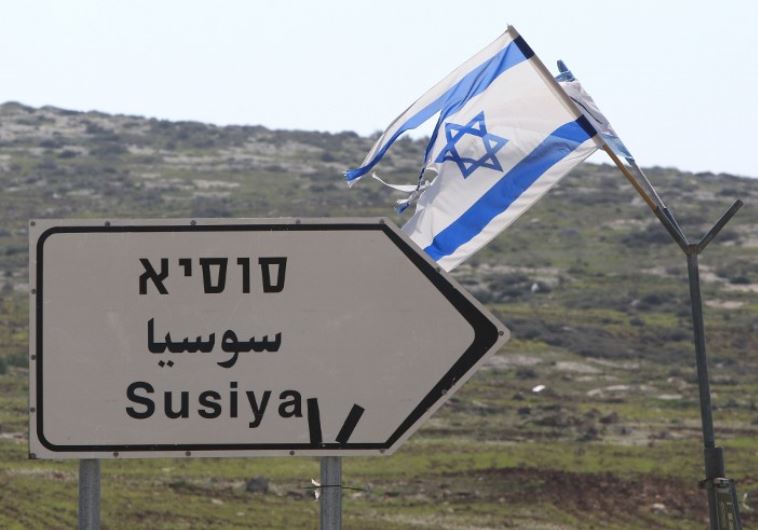Israel's parliament decrees: Arabic signs in all bus stations
Arabic is an official language should not be ignored in Israeli society, Knesset speaker says.
 A road sign in English, Hebrew, and Arabic points to the Israeli settlement of Susiya(photo credit: AFP PHOTO)Updated:
A road sign in English, Hebrew, and Arabic points to the Israeli settlement of Susiya(photo credit: AFP PHOTO)Updated: